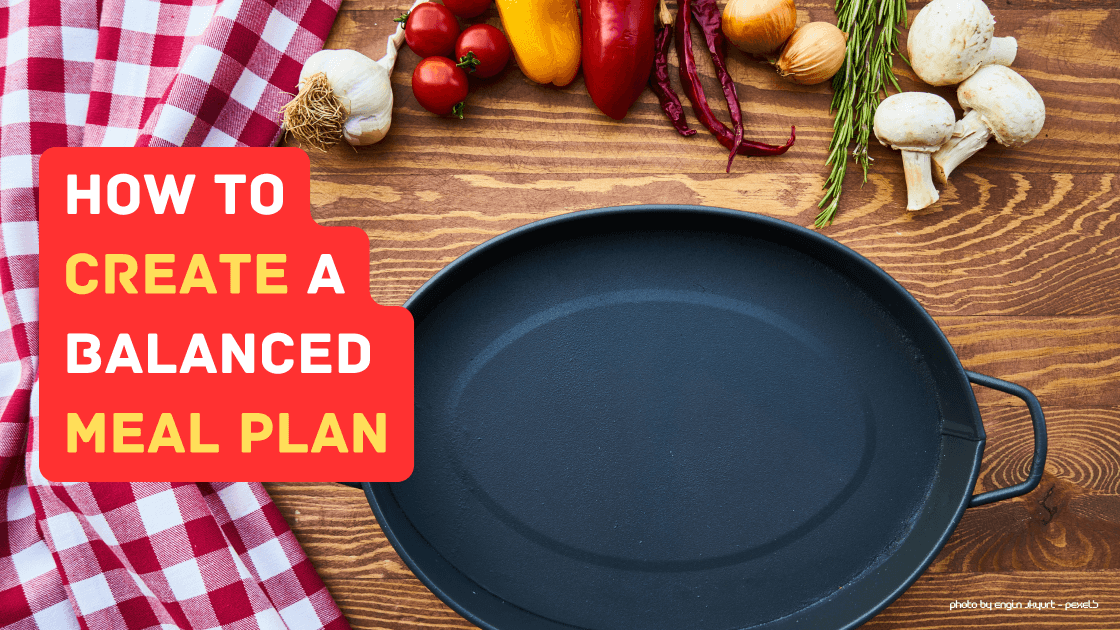In this video, Dr. Dan Maggs discusses the topic of fruits and their suitability for a low-carb or ketogenic diet. He begins by acknowledging that fruits have long been associated with health and are often perceived as universally good for our well-being. However, he highlights that many fruits are high in sugar, which can be problematic for those trying to lose weight on a low-carb diet.
Dr. Maggs emphasizes that being overweight is not simply a result of overeating but also involves metabolic damage. He suggests that while fruits may not be inherently bad, individuals aiming to lose weight on a low-carb diet should be mindful of their fruit intake. He points out that modern fruits have been selectively bred to be sweeter and less fibrous than their natural counterparts, leading to higher sugar content. Additionally, the availability of fruits throughout the year, facilitated by modern agricultural techniques and international shipping, is a departure from their seasonal nature in the past.

The video explores the carb content of various fruits, focusing on those that meet the threshold of a low-carb diet. Some berries, such as raspberries and blackberries, fall into this category, containing around 5 net carbs per 100 grams. Lemons, which have 5 net carbs per 100 grams, are also suitable for low-carb diets when used in small amounts. Dr. Maggs suggests that coconuts and melons, including cantaloupe, honeydew, and watermelon, can be consumed in moderation due to their relatively lower carb content. However, portion control is crucial since fruits, being nature’s candy, can be consumed in large amounts.
As the carb content increases, Dr. Maggs mentions fruits like oranges, plums, cherries, apples, pears, kiwis, pineapples, mangoes, grapes, and bananas, have higher net carb counts. He concludes by emphasizing that even the fruits with higher carb counts are still lower than many sugar-filled snacks encountered in daily life and are preferable to dried fruits or fruit juices.
There is no definitive yes or no answer regarding fruit consumption on a keto diet. Individual factors, trial and error, and personal goals play a significant role in determining what fruits can be included. Those who quickly get kicked out of ketosis may need to avoid fruits altogether, while others with higher carb limits may be able to incorporate some fruits into their diet.
For individuals with congested livers, caution with fruit consumption may be necessary. Underlying insulin resistance, often caused by sugar and high fructose corn syrup, is a factor to consider.
What fruits are your favorite to go for this diet?



2 Comments
Blogi Naukowców · 10/05/2025 at 10:51 PM
What you’ve written here is not just a collection of ideas — it’s a conversation, one that spans across time and place. Your words evoke such a rich tapestry of images and emotions that it’s impossible not to be swept up in them. There’s an intimacy to the writing, a quiet understanding that connects the reader to something much larger than themselves.
Navigating Fruits on the Keto Diet: Finding the Right Choices for Your Journey – mncpservice.com · 14/07/2023 at 11:11 PM
[…] Are fruits compatible with a keto diet? This question is commonly asked among individuals following a ketogenic eating plan. While fruits are generally considered nutritious, their varying carbohydrate content necessitates careful consideration for those aiming to stay in ketosis. In this blog post, we will explore the world of fruits and delve into which ones are high in carbs and should be limited. It’s important to note that everyone’s experience with keto is unique, and individual factors play a significant role in determining the ideal fruit choices. […]